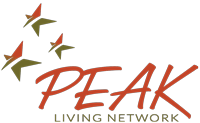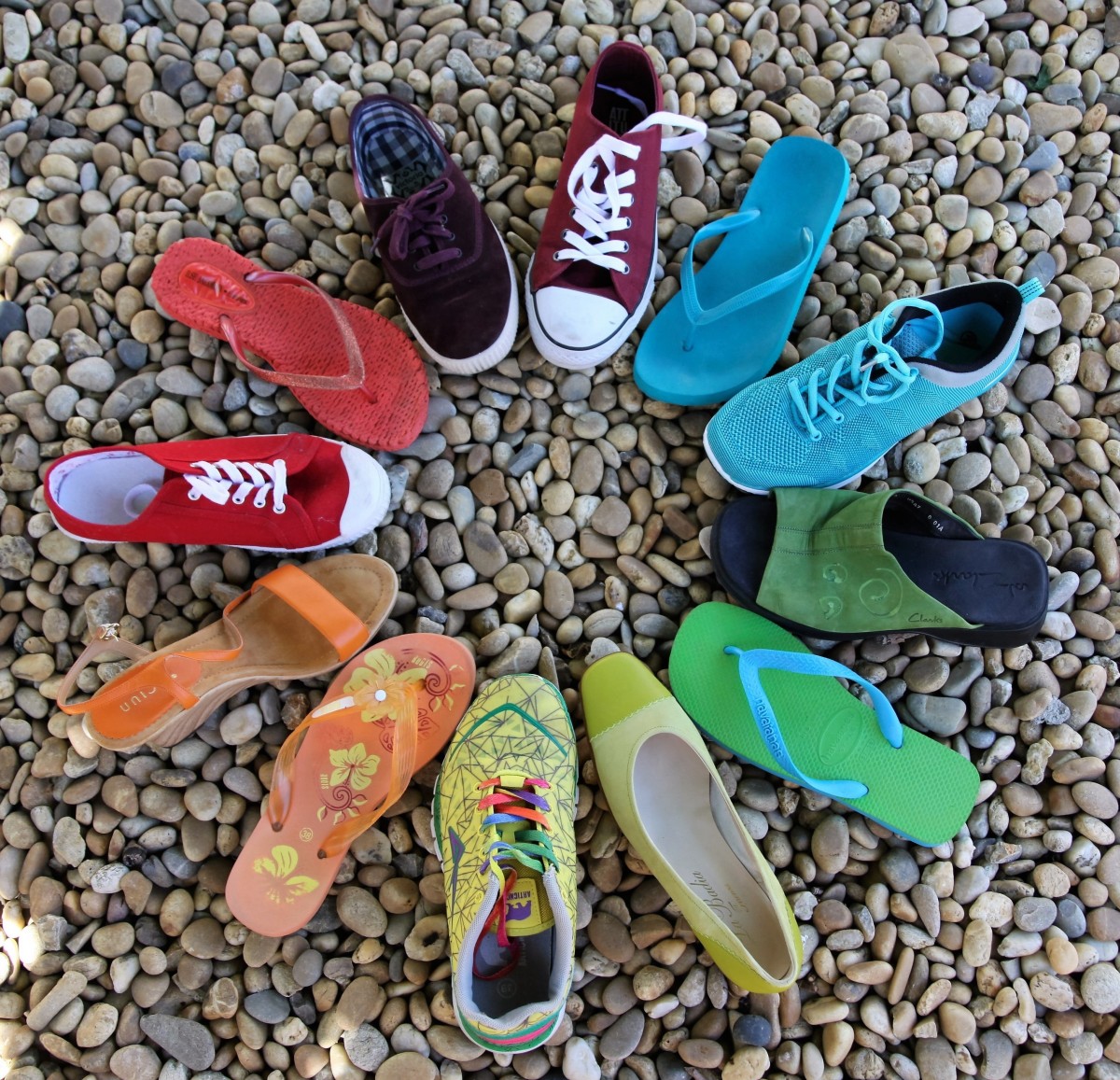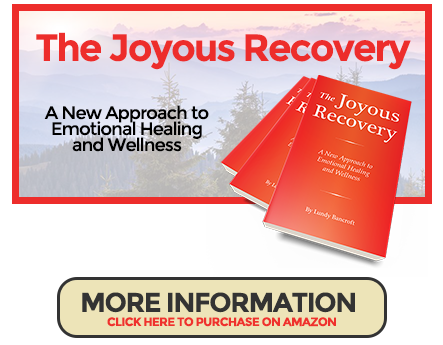PLN Support Groups
How to Run a Peak Living Network Support Group
Anyone can organize a PLN support group. You can choose to facilitate it yourself or find another volunteer to facilitate; no special training is necessary. You can have it be an open support group – anyone is invited – or it can be limited to a specific constituency (women, people of color, working class people, lesbians, etc.) or to people interested in a specific issue or challenge (school teachers, caretakers of elderly parents, people with chronic diseases, etc.). As long as you follow the PLN principles, it’s a PLN support group.*
A meeting can take place in a private home, or in a donated meeting space such as a library, church, or social service agency. If you can’t find a free space, you could pay for a low-cost meeting space (at a church, for example) and ask people to chip in voluntarily to help pay for it.
A printed copy of the PLN Principles should be available at all meetings. It’s best to bring enough to hand one out to each new person, along with printed handouts of “All You Need to Know to Start Splitting Time.”
Steps to Running a Successful Support Group
All meetings should have a facilitator. It’s best to determine who will facilitate before people gather, to help new participants feel welcomed and secure.
The facilitator announces that it’s time to begin. Begin the meeting with a quick review of the PLN Principles if there are people attending for the first time (or meet with new people ahead of time to do this).
The facilitator finds a volunteer to be time-keeper for the meeting.
The facilitator announces the “What is going well?” round of the meeting. Each participant takes a turn to briefly describe something that has felt good or has in other ways been positive from their recent lives. Everyone is asked to keep their turn to one minute, and the time-keeper lets them know if time is up. Participants are asked to stay away from discussion of their distresses during this early phase of the meeting; discipline regarding this point will pay off for everyone.
(Optional) The facilitator can share a short reading aloud on any subject that is inspiring or educational about emotional healing. It could be a poem, a few sentences from a book, or a short excerpt from an essay. Using snippets from existing Peak Living Network literature, such as The Joyous Recovery, is encouraged. Members of the group then respond to the reading. This section is kept to 10 minutes or less, and the time-keeper gives a warning if time for this section is running out.
If your support group is for a specific constituency or is about a specific issue (as discussed above), this is a good time to do a reading related to your group’s theme and have time for discussion.
(Optional) The facilitator can read a short piece on counseling approaches from The Healing Partnership, and the group shares thoughts in response. This section is, again, kept to 10 minutes or less.
Mini-sessions — The group breaks up into pairs (and one group of three if you have an odd number of people) to split time for five minutes each. See “All You Need to Know to Start Splitting Time.”
The facilitator announces that it’s time to take group support turns. The facilitator calculates the length of the turns, dividing the time up equally among all participants. (Larger gatherings may choose to split up into two groups in order to allow everyone to get longer turns.) During each person’s turn, comments from the group are kept brief and supportive, with no advice or analysis. The group is encouraged to focus primarily on listening with complete attention and positive regard, not on offering comments.
The person whose turn it is chooses someone in the group to be their primary focus during their turn; we find that the power of group support actually becomes greater, not less, when the speaker directs his or her comments primarily to one person in the group.
The speaker has complete say over how they use their turn. They can choose to speak about whatever they are feeling or thinking about, or sit quietly with the group’s attention, or cry, or any other way they would like to use their time and soak up the group’s caring attention.
The time-keeper tells people when they have two minutes left in their turn, and then tells them when time is up. When a participant’s time is up they need to stop, even if they are at a heavy point in what they are talking about. This is a challenging point but a key one in order for your support group to be successful. The point of the two-minute warning is to allow time for the speaker, with the group’s assistance, to turn their attention back to positive things. Group members are encouraged to ask fun or trivial questions during this period to help the speaker get back to a light state of mind.
(If the speaker needs additional support or attention, they can approach someone and ask for additional time after the group.)
A volunteer is needed to take over the time-keeper’s duties during the time-keeper’s turn.
After everyone has had a turn, the facilitator guides a quick round where each participant shares something that they are looking forward to in the coming days or weeks. People are asked to keep their comments to one minute, and the time keeper will remind them if they are running over.
It’s time to close the meeting. Everyone thanks the facilitator and the time-keeper, and people can share specific appreciations of the facilitator’s work if they wish to (and it is great when they do).
Please remind everyone that all turns that people take during any PLN event are fully confidential, and nothing the person said is to be mentioned to anyone including to the person who said it (please do not make any reference to anything someone shared in a counseling turn even when speaking to them).
Remind people when the next meeting is, and make sure everyone gets a hug before they leave (unless they don’t want one!).
As people are gathering their stuff and preparing to leave, a great opportunity arises for people to share contact information with anyone else that they’re interested in co-counseling with outside of group. Everyone will get more out of the group if they are also doing frequent co-counseling sessions between meetings.
Please don’t ask anyone to get together socially. PLN support groups are spaces where everyone should be able to attend without concern that anyone else will ask them for dates or ask them to get together except to co-counsel. (And a polite “not for now, thank you” is completely acceptable if you are asked to co-counsel with someone and prefer not to!)
![]()
The Peak Living Network is a learning process for all of us, so please send feedback about what is working well and not working well in your support groups to PeakLivingNetwork@juno.com.


